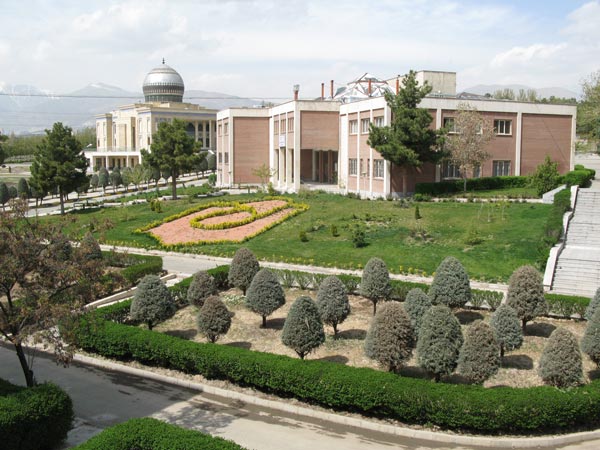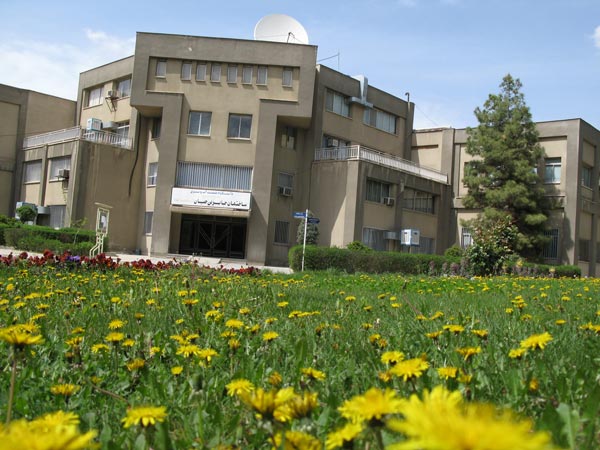Overview

For this purpose, modern equipment and facilities including a wide variety of educational workshops and laboratories, classrooms which are equipped with suitable facilities and accommodation, were brought together. After establishment of Ministry of Energy, training of experts involved in water sector was also assigned to this center.
After the Islamic Revolution, the center was developed by Shahid Dr. Abbaspoor, the Minister of Energy in that time, through his noticeable supports and efforts. Based on the capabilities of the professional training center, Power and Water institute of technology was founded and later, in 2006, promoted to Power and Water University of Technology. This university that was named after Shahid Abbaspoor, later joined Shahid Beheshti University (SBU) in 2013 and its name changed to Abbaspour School of Engineering. Consequently, Professional Training Center also became professional training center of SBU and benefited from scientific capacity of SBU.
While maintaining on original mission, Professional Training Center (PTC) has developed enormously over past five decades. Training about 15,000 to 30,000 individuals per annual, makes PTC the largest academic center offering tailor-made courses all over the country.
The main reasons that make it necessary for PTC to continue its activities and even expand its domain of actions are:
- • The gap between actual industry needs and capabilities of university graduates.
- • The rapid growth of science and technology and the essence of updating the knowledge and skills of industry’s employees.
- • Alteration of organizations’ approach towards knowledge-intensive, the creation of intangible assets and branding on the bases of educated and skilled, scholar and experienced human resources.
- • Coordination and preparation of personnel for accepting new responsibilities
Main Activities of PTC:
Career analysis and need assessment.
Designing training courses.
Designing and preparing educational contents and materials.
Implementation of professional training courses.
Evaluating the effectiveness of training.

The Center is under the supervision of university president and the center’s policies are codified at the Supreme council of professional training center.
E-Learning System, (comprehensive system of distance education) has been designed to teach professionals all over the world, including business leaders, and is one of the leading providers of distance learning offering LMS,
Educational amenities
A unique collection of educational facilities and teaching aids on the main site of professional training center are assigned to short courses which is completely separated from the university student facilities. This provides a great learning environment as while it creates constructive educational ambience.
This infrastructure includes:
- • 70 classrooms equipped with teaching aids specified for short-term courses
- • More than 200 educational-research labs at SBU and Abbaspour School of Engineering
- • Proper accommodation facilities with the capacity of more than 680 people at a time
- • Sport facilities such as pool, sauna, soccer field, gym etc.
- • Cultural facilities
- • Restaurant with capacity of 300 guests

